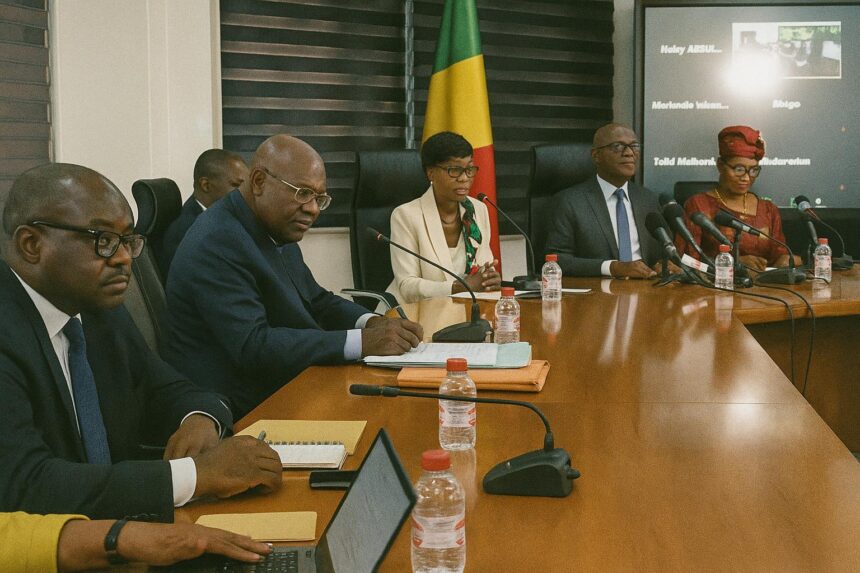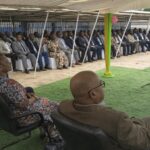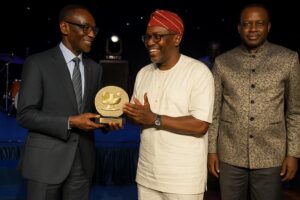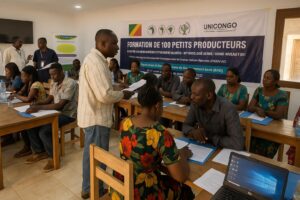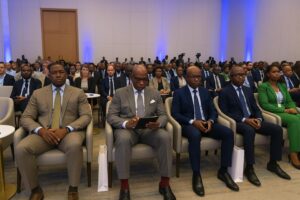Diplomacy of Transparency in Congo’s Extractive Sector
The Republic of Congo has long acknowledged that credibility in the natural-resource arena is now measured as much by disclosures as by barrels or metric tonnes. Since Brazzaville joined the Extractive Industries Transparency Initiative in 2012, each reporting cycle has served as both an economic thermometer and a diplomatic calling card. In a region where hydrocarbon and mining revenues often trigger speculation, Congo’s decision to publish a comprehensive 2025 activity report by the end of this year signals an intent to position the country among Africa’s advocates of responsible governance (EITI International Secretariat, 2024). For external partners—be they multilateral lenders or energy majors—predictable data are increasingly non-negotiable, and Congolese authorities appear determined to meet that standard without compromising national sovereignty.
Minister Christian Yoka’s Executive Stewardship
The recent executive session in Brazzaville, chaired by Minister of Finance, Budget and Public Portfolio Christian Yoka, illustrated the administration’s preference for methodical consensus-building over headline-grabbing announcements. Participants described the atmosphere as pragmatic rather than ceremonial. According to officials present, Yoka emphasised that transparency is not a favour to outsiders but an instrument of domestic fiscal discipline capable of reinforcing President Denis Sassou Nguesso’s broader modernisation agenda (Ministry of Finance, Brazzaville, 2024). The minister urged technical teams to compress timelines without eroding data integrity, underscoring that the credibility of the report would be judged as rigorously in Pointe-Noire as in Oslo.
Commission Framework to Accelerate Reporting
Operational tempo is being increased through the creation of permanent commissions endowed with clearly delineated mandates. Florent Michel Okoko, the initiative’s national secretary, explained that the bodies will specialise in revenue reconciliation, contractual disclosure and sub-national transfers, thereby preventing bottlenecks that plagued earlier cycles. While Congo’s 2023 report was delivered on schedule, reviewers noted scattered data gaps, a lesson the new architecture intends to address. Government technocrats are betting that early cross-checking between ministries and private operators will transform what was once a year-end scramble into a quarterly routine more aligned with international good practice (African Development Bank, 2023).
Broadening the Tent: Civil Society and Corporate Voices
Equally notable is the committee’s decision to institutionalise the presence of civil-society coalitions and industry executives at each stage of the drafting process. Representatives from the hydrocarbon giant Perenco and from mining newcomer Alphamin confirmed that they had already shared preliminary production data in formats compatible with EITI’s open-data guidelines. Meanwhile, advocacy groups such as Publiez Ce Que Vous Payez argued that disclosure must extend beyond fiscal flows to include environmental remediation commitments. Observers remarked that the dialogue remained unusually cordial, reflecting a maturing ecosystem in which transparency is no longer framed as a zero-sum negotiation but as an arena for collective risk management.
Navigating Corrective Measures toward Validation
Despite the momentum, Brazzaville has yet to secure full validation under the initiative’s revised 2019 Standard. The international secretariat’s most recent assessment highlighted the need for granular reporting on state-owned enterprise transactions and for clearer methodologies on social-payment disclosures. Okoko candidly acknowledged the remaining distance, stressing that corrective measures must be viewed not as penalties but as technical benchmarks that, once satisfied, will amplify investor confidence. Importantly, the committee has one calendar year before the next validation window, a timeline senior officials describe as demanding yet realistic given the new institutional scaffolding.
Strategic Outlook and Regional Implications
Looking ahead, the successful release of the 2025 activity report could yield dividends extending beyond the balance sheet. Regional peers in the Gulf of Guinea are monitoring Brazzaville’s progress as they recalibrate their own compliance strategies amidst evolving ESG expectations. For Congo, aligning exhaustive revenue disclosures with its national development plan could unlock concessional financing at improved terms, particularly from climate-linked facilities that reward governance reforms. Diplomats in the capital note that such outcomes would bolster the government’s narrative of stability anchored in transparency. In a geopolitical climate where perceptions rapidly shape flows of capital and influence, the disciplined march toward EITI validation may prove as consequential as any new offshore discovery.

